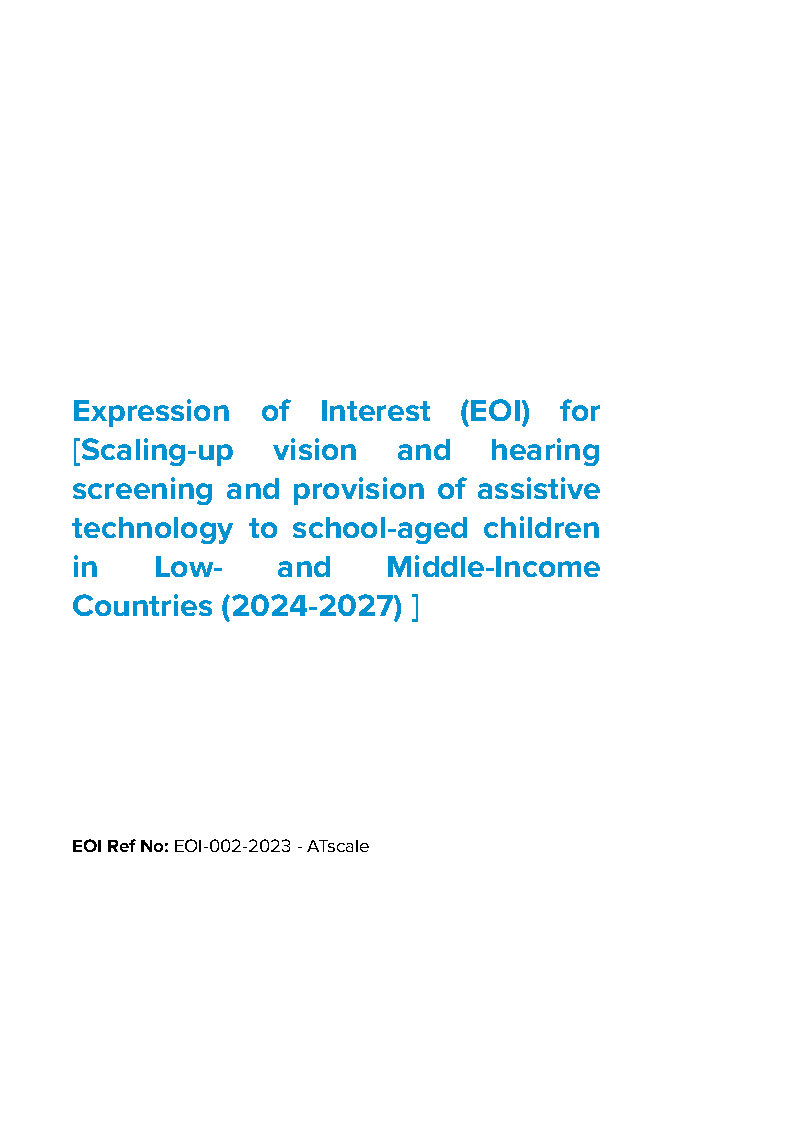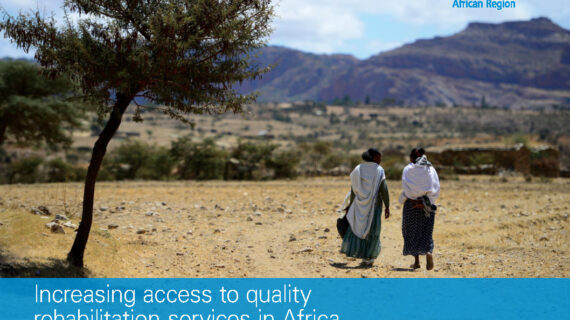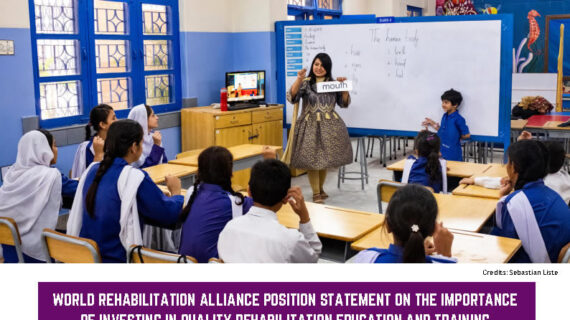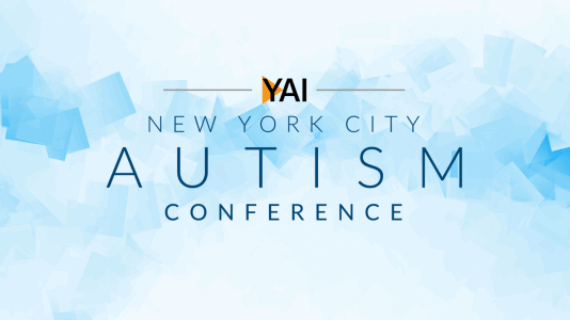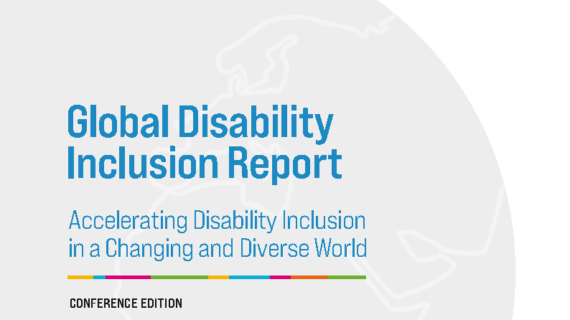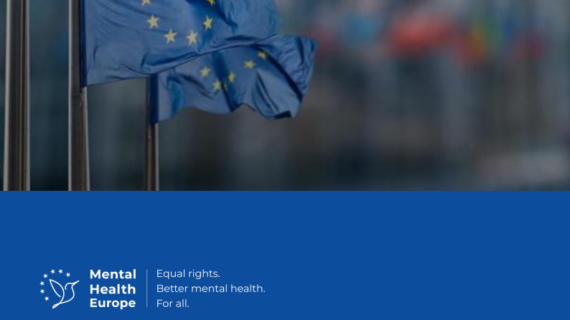EXPRESSION OF INTEREST (EOI) FOR SCALING-UP VISION AND HEARING SCREENING AND PROVISION OF ASSISTIVE TECHNOLOGY TO SCHOOL-AGED CHILDREN IN LOW- AND MIDDLE-INCOME COUNTRIES (2024-2027)
Background on the growing global need for assistive technology (AT)
Today, over 2.5 billion people need at least one form of AT, such as wheelchairs, eyeglasses, or hearing aids, but in some countries, as few as 3% have access to the AT they require. The number of people needing AT is expected to grow to more than 3.4 billion by 2050.
Access to appropriate AT enables people with functional limitations, impairment, disabilities, non-communicable diseases, and the ageing population to participate in education, work, and family and community life. Lack of access to AT has significant consequences for individuals, their families, and wider society. Without AT, individuals may experience isolation and exclusion from education, the labour market, and civic life.
Lack of access to appropriate AT causes poorer health outcomes, including premature death, deteriorating mental health, and increased risk of chronic health conditions and secondary complications, all leading to a higher burden on health systems. Increasing accessibility and affordability of AT can unlock unrealized economic potential and provide socio-economic benefits for individuals, families, and countries by increasing productivity and participation in the workforce.
The UNICEF-World Health Organization’s 2022 Global Report on Assistive Technology (GReAT) articulates the current global situation, as well as overarching recommendations to support countries.
This includes integrating AT into national health plans and health service delivery to support the integration of AT into fundamental health and social systems, and other inter-sectoral related system planning and ensuring AT is included across all appropriate service delivery platforms. GReAT estimates that more than 2.5 billion people would benefit from one or more assistive products.
The 1unmet needs are significantly higher in low-income and middle-income countries. Increased access to AT is critical to achieving many international commitments, including universal health coverage, the UN Convention on the Rights of Persons with Disabilities (CRPD), and the ambitious Sustainable Development Goals (SDGs).

